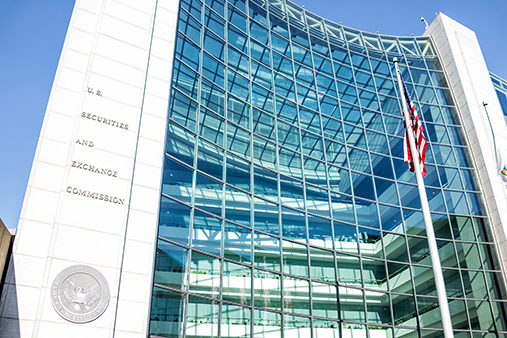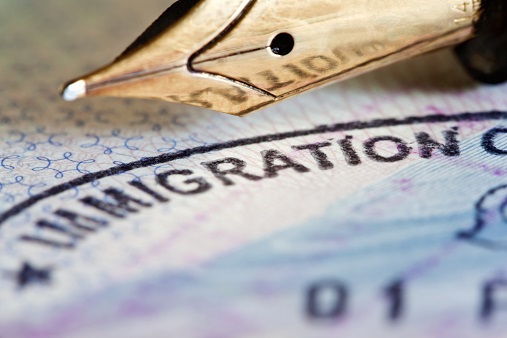The U.S. Court of Appeals for the Federal Circuit (the Federal Circuit) issued a decision on March 30 denying a Petition for a Writ of Mandamus to instruct the Director of the U.S. Patent and Trademark Office (USPTO) to publish a trademark application that the USPTO and the Trademark Trial and Appeal Board (the Board) deemed to be disparaging. See In re Tam, 2016-212 (Fed. Cir. March 30, 2016).
Section 2(a) of the Lanham Act states that a trademark may be refused registration if it consists of or comprises matter which may disparage or bring into contempt or disrepute persons, institutions, beliefs, or national symbols. 15 U.S.C. § 1052(a). Both the Examining Attorney at the USPTO and the Board had previously found the trademark THE SLANTS to be disparaging to persons of Asian descent and refused to register the mark. The Federal Circuit initially affirmed the Board decision consistent with precedent refusing registration of marks which “disparage” persons.
However, upon a sua sponte rehearing en banc, the Federal Circuit later reversed itself holding that the disparagement provision of § 2(a) of the Lanham Act was unconstitutional because it violated the First Amendment. The Federal Circuit vacated the Board’s holding that the mark is unregistrable and remanded the application to the Board for further proceedings. In re Tam, 808 F.3d 1321, 1358 (Fed. Cir. 2015), as corrected (Feb. 11, 2016). The USPTO has suspended proceedings on the application until its rights to appeal the Federal Circuit’s decision on the constitutionality of the disparagement provision before the U.S. Supreme Court have been exhausted.
In denying the Petition for Mandamus, the Federal Circuit held that there was no clear abuse of discretion in the determination of the USPTO Director to suspend prosecution proceedings in the case pending possible further proceedings before the Supreme Court. The Solicitor General of the United States has filed an application on behalf of the Director to extend the time to file a Petition for a Writ of Certiorari to the Supreme Court.
For more information, contact the Barnes & Thornburg attorney with whom you work or a member of the firm’s Intellectual Property Law Department in the following offices: Atlanta (404-846-1693), Chicago (312-357-1313), Columbus (614-628-0096), Dallas (214-258-4200), Delaware (302-300-3434), Elkhart (574-293-0681), Fort Wayne (260-423-9440), Grand Rapids (616-742-3930), Indianapolis (317-236-1313), Los Angeles (310-284-3880), Minneapolis (612-333-2111), South Bend (574-233-1171), Washington, D.C. (202-289-1313).
© 2016 Barnes & Thornburg LLP. All Rights Reserved. This page, and all information on it, is proprietary and the property of Barnes & Thornburg LLP. It may not be reproduced, in any form, without the express written consent of Barnes & Thornburg LLP.
This Barnes & Thornburg LLP publication should not be construed as legal advice or legal opinion on any specific facts or circumstances. The contents are intended for general informational purposes only, and you are urged to consult your own lawyer on any specific legal questions you may have concerning your situation.
Visit us online at www.btlaw.com and follow us on Twitter @BTLawNews.









/Passle/6488d4630e7e25c9ac9f834a/SearchServiceImages/2024-08-22-21-09-42-814-66c7a9167c25ae3ecd362787.jpg)

/Passle/6488d4630e7e25c9ac9f834a/SearchServiceImages/2024-08-21-16-53-04-583-66c61b702c11c56cda8987a4.jpg)
